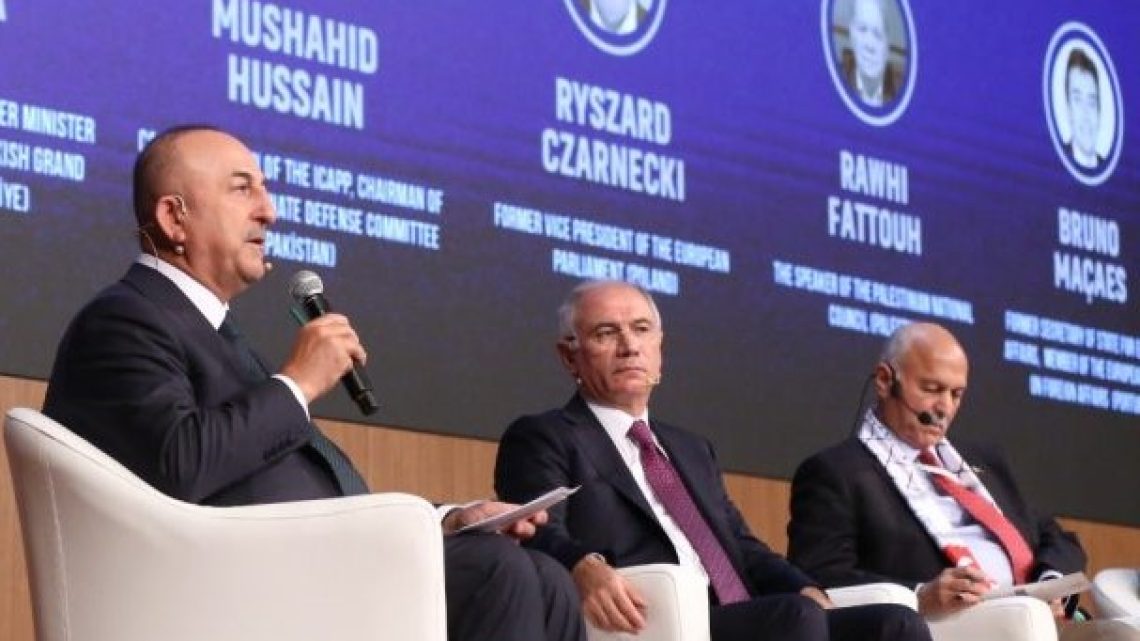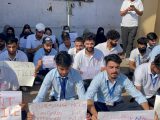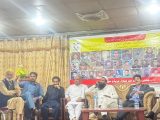
A Supporting Call: Global Solidarity Conference for Kashmir in Türkiye
October 21, 2024In a powerful address at the “Global Solidarity Conference for Kashmir” in Ankara, a Pakistani Senator Mushahid Hussain Sayed called for urgent international action. He urged Turkish President Recep Tayyip Erdogan to spearhead efforts supporting Kashmir’s struggle for justice.
As a prominent member of the Istanbul-based “Al Quds Parliament” and Co-Chairman of the International Conference of Asian Political Parties (ICAPP), Sayed outlined a decisive three-point Action Plan aimed at mobilizing global support for Kashmir.
First, Sayed proposed that President Erdogan lead a delegation of leaders from Pakistan, Indonesia, Malaysia, South Africa, Algeria, and Brazil. Their mission would be to engage with the newly elected US President and challenge America’s longstanding bias toward India, advocating for Kashmir’s right to self-determination.
Second, he called for Türkiye, Pakistan, and Indonesia to establish a naval flotilla dedicated to delivering humanitarian aid to Kashmir. This flotilla would break the blockade imposed by India, but only after securing approval from the UN General Assembly. This initiative would demonstrate international solidarity and commitment to addressing humanitarian needs.
Finally, Sayed emphasized the necessity of a joint initiative among Muslim leaders to combat misinformation surrounding Kashmir. By promoting truth and factual narratives, they could address issues such as Islamophobia and the ongoing plight of Kashmiri people in Indian illegally occupied Jammu and Kashmir (IIOJK).
Sayed condemned the brutal actions of the Indian government, likening them to “televised genocide,” and highlighted the hypocrisy of global powers that turn a blind eye. He called on Muslim leaders to move beyond rhetoric, insisting that concrete actions are essential.
The conference serves as a critical reminder of the interconnected struggles faced by Kashmiris and others oppressed worldwide. The lack of genuine support for Kashmir must end, and the global community must recognize the urgency of the situation.
In this atmosphere of solidarity, it is imperative for world leaders to listen to Sayed’s call. The future of Kashmir depends on immediate intervention and robust diplomatic efforts to confront ongoing violations.
This event is not just symbolic; it is a necessary step toward mobilizing a unified response to the plight of Kashmiris. The struggles of Kashmir and Palestine echo across borders, demanding attention and action.

